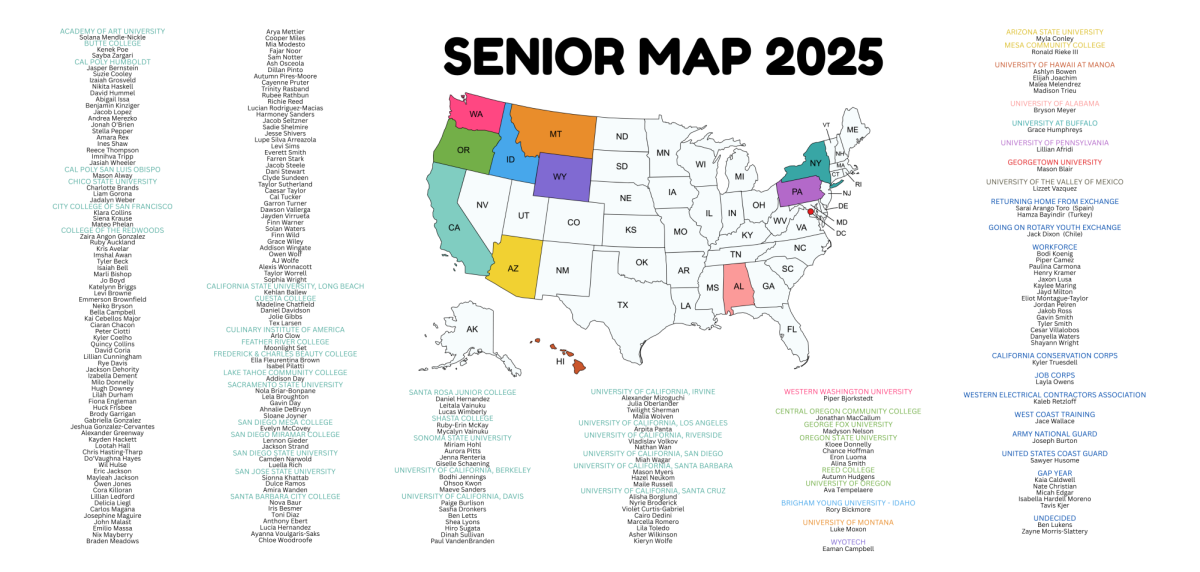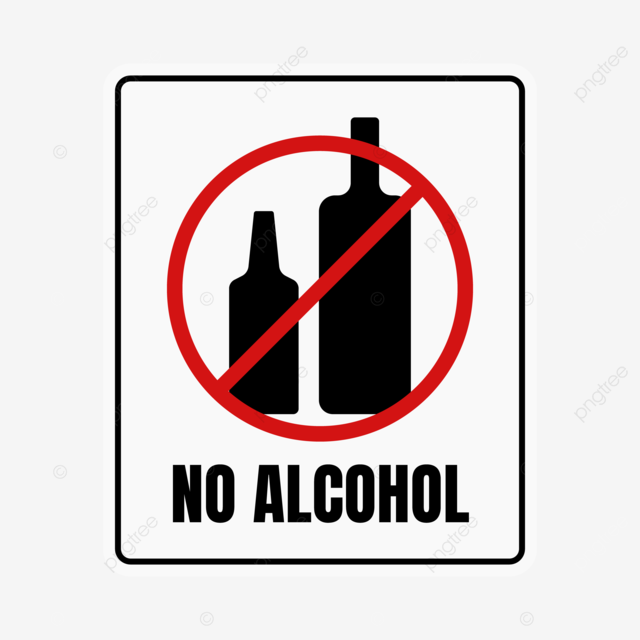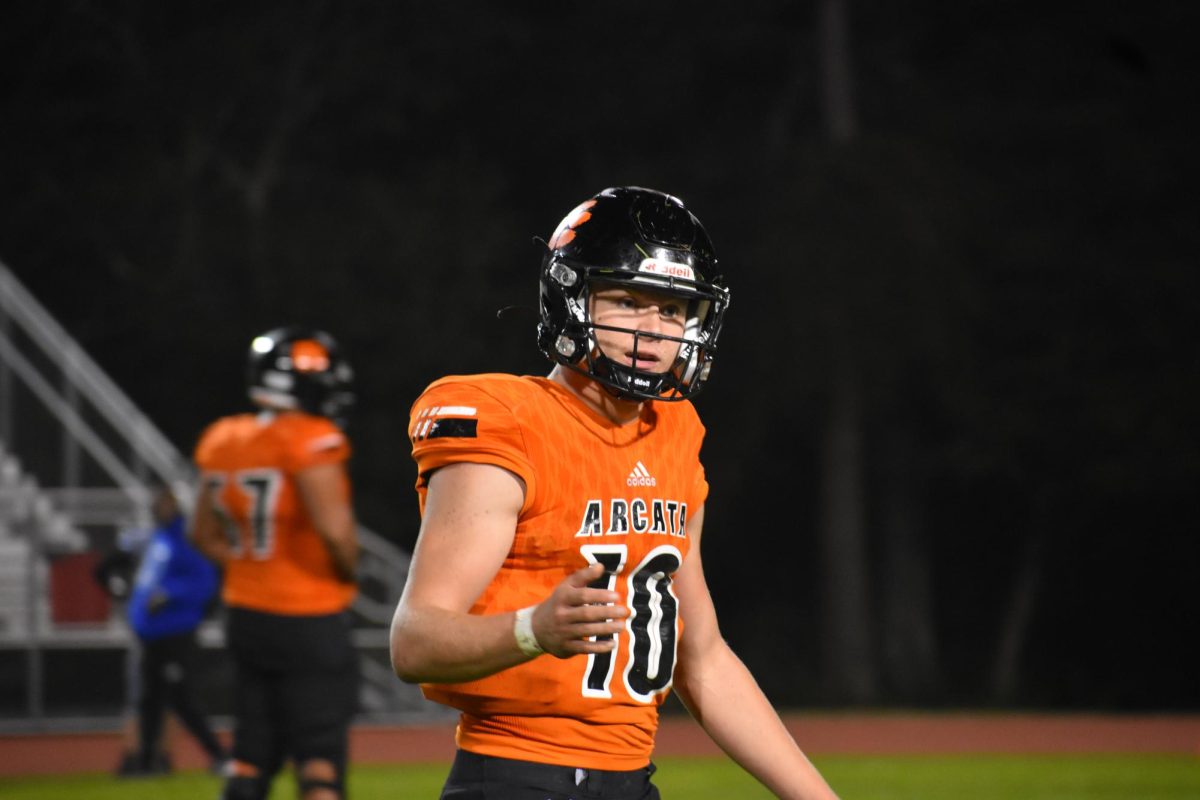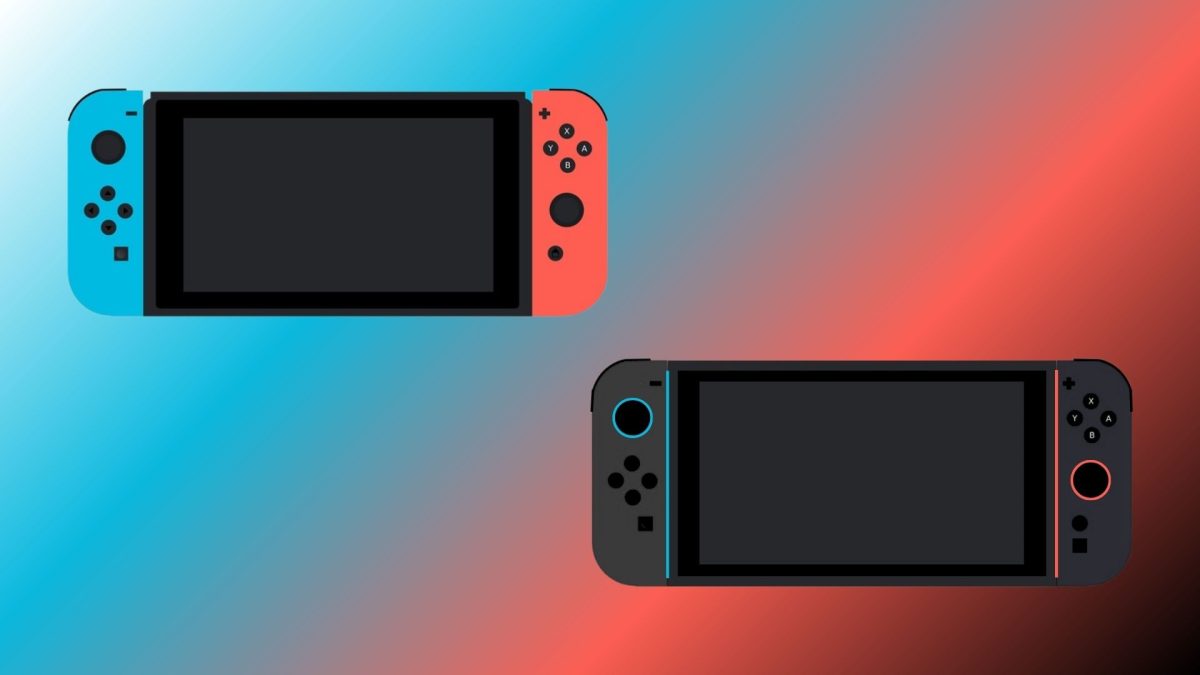
Eating Disorders (ED) are characterized as severe illnesses that affect a person’s eating habits and behaviors. They are complex mental illnesses dealing with obsessions including food, body weight, figure, shape, etc.
According to the National Eating Disorders Association (NEDA), eating disorders affect around 2.7% of teenagers in the U.S. This includes 3.8% of women and 1.5% of men.
In a study of 365,749 college students who completed the American College Health Association-National College Health Assessment, 15% of transgender individuals who participated self-reported having an eating disorder. They are more likely to have an ED due to factors such as trying to achieve a preferable body shape/figure with desired gendered features, coping with added stress stemming from gender-related factors, and a need to control the intense feelings of unease about their body.
A common misconception about eating disorders is they only include food restriction, excessive dieting, or a desire to lose weight. In reality, eating disorders have many faces. Anorexia nervosa, binge eating disorders, bulimia nervosa, avoidant restrictive food intake (ARFID), orthorexia, other specified feeding or eating disorder (OSFED), pica, and rumination disorders are examples of how varied EDs can be. Some eating disorders may not even be mentally connected to food, people can experience a loss of appetite or feelings of nausea, causing them to stop eating regularly.
For some teenagers eating disorders stem from social media, but not always.
“So, it kind of started for me as, like, I had a really poor self-image of myself [in] elementary school,” senior Beatrice Thatcher said. “And I had people comment on my weight. So, because I was only around 11, or 12, I kind of subconsciously just started skipping meals,” she said.
According to data collected by the NEDA In recent years, there has been an increase in eating disorders in girls under 12. Although young girls only account for less than 5% of those who have eating disorders overall, the problem is still concerning.
Eating disorders aren’t just detrimental to a person’s body, they also affect a person mentally. “I’ve found myself comparing myself or judging other people a lot more. Which overall just puts me in a bad mood, bad mental space, but it’s also just exhausting,” Thatcher said.
“Even when you’re not, you know, worried about the way you look, you’re like, always thinking about food,” Thatcher said, “You can be worried about meals later, having to eat in front of people, or coming up with lies to your parents. It just overall takes over a lot of your life.”
Thatcher mentioned some of the things people neglect to talk about with having an eating disorder, like the general sabotaging mindset.
“When you have a bad eating disorder, you’re not just self-sabotaging, but sometimes you’re like looking to sabotage the people around you,” Thatcher said.
Thatcher recognizes the cultural effects that can contribute to teenage EDs. “Everybody either wants you to be skinny or thick. And it’s like, a lot and the media perpetuates a lot, and like social media and trends on TikTok make it even worse,” she said.
Social media has had an influence on how men view women’s bodies and continuously warps the male perspective of the perfect body. Thatcher said, “It’s weird because guys our age are really obsessed with girls’ bodies, and like talking about them having bigger or sexier features.”
Thatcher explained some of the ways she manages her eating disorder, “I have just tried to push myself to make an effort to not care.”
Talking to her friends has also helped her. “I’ve informed my best friends and stuff. And they definitely try to keep me in a good headspace by talking about body positivity.” Other ways her friends help her include reminding her “That, I’m okay, and that I’m not gonna be harmed if I eat, just [using] positive reinforcement.”
Thatcher’s eating disorder didn’t get progressively worse as time went on. It’s more complex. “I’ve gone through waves of it. I’ve gone through waves where it’s been a lot worse and I’ve been a lot more unhealthy. I’ve gone through waves where it’s not as bad but you know, it’s still in the back of my mind,” she said.
Thatcher explained how much her eating disorder affected her life, even transcending beyond her body image, “I no longer cared about the way I looked. I just wanted to be able to eat a meal without freaking out over it. I almost didn’t know how to get myself to eat without worrying about it. And so that was really stressful,” she said. “Because I had almost completely altered the way my brain and body worked and reacted to food. And it was really upsetting to me because I no longer wanted to just be skinny. I just wanted to be able to function normally.”
One type of eating disorder that’s not as commonly discussed is a binge eating disorder. A binge eating disorder is characterized by frequent episodes in which a person consumes large amounts of food, known as compulsive eating. Afflicted individuals may often feel unable to control themselves. Feelings of shame or guilt are usually associated with binge eating disorders.
Junior Tom York talked about the way society views binge eating disorders, especially in regards to the manner in which people with certain EDs are perceived. “It’s like people with anorexia are pretty, which is still bad. But then people with an overeating disorder are ugly, gross people. It’s weird the way we talk about it. They’re both unhealthy equally, but for some reason, one’s like better than the other somehow.”
They observe how binge eating disorders are perceived socially in comparison to others. “There’s like the social aspect of being accepting of, like, my type of eating disorder, where it’s like, it’s more talked down about than others”
York explained how their ED impacts their mental health. “It’s a loop of feeling bad about myself because I’m overweight, then eating to make myself feel better, and then feeling bad about myself because I’m more overweight again.”
The constant loop feeds their depression more, creating more negative emotions.
York attributes the lack of financially accessible healthy food to being a partial cause of their eating disorder. “The price of good food is hard to afford, like vegetables and whatnot. I didn’t grow up eating good food. And so now like, I don’t have a taste for it, I just don’t like it,” York said.
Their boyfriend helps them with their eating disorder. “Having a person to just like talk about stuff with [is helpful],” York said. They also explained that their boyfriend and they are getting a gym membership and are hoping to help each other with negative body image issues together.
Eating disorders are not always connected to a desire to change one’s body or general mental struggles with eating. They can also be linked to a body’s inability to crave food, or inability to eat, which is no less serious and harmful.
“I wasn’t really ever sure. Like, if I should call it an eating disorder until I went to the doctor. And [her doctor] was like, ‘Whoa, you lost a lot of weight during the span of these months,’ And I was like, ‘Oh, yeah.’ And I just kind of explained, like, my eating habits and stuff. And like, she was like, ‘Oh, do you think you might have an eating disorder?’” said senior Imogen Harris.
Harris developed less of an appetite as time went on. “I wouldn’t be hungry, or I just wouldn’t have time to eat. So, my appetite got less and less. And that’s not good.”
Although her eating disorder doesn’t stem from mental problems with food, she is negatively affected mentally by her eating disorder. “It’s definitely made me more anxious, especially in the morning because I wake up and I don’t really have an appetite. So like, it just kind of affects my overall day later on, and my mood,” Harris said.
According to a national survey done in 2016, six in ten adolescents with Attention deficit hyperactivity disorder (ADHD) also had an eating disorder. People with ADHD have a tendency to forget to eat and then binge later, as well as having a poor ability to sense internal hunger cues. Having ADHD, Harris had insight on the subject, “I used to take Adderall and it definitely played a huge factor in my appetite. It would make me not eat or start binge eating so that was definitely a huge thing.”
Harris said that trying to eat healthier and making herself more food to eat instead of pre-made food has aided her in the recovery process.
Eating disorders take a long time to recover from and relapses into old habits are common. It takes time to heal and move past an ED. Individuals struggling with eating disorders can call the ADNA hotline at 1-888-375-7767, contact their doctor or therapists, or inform loved ones for support.





























